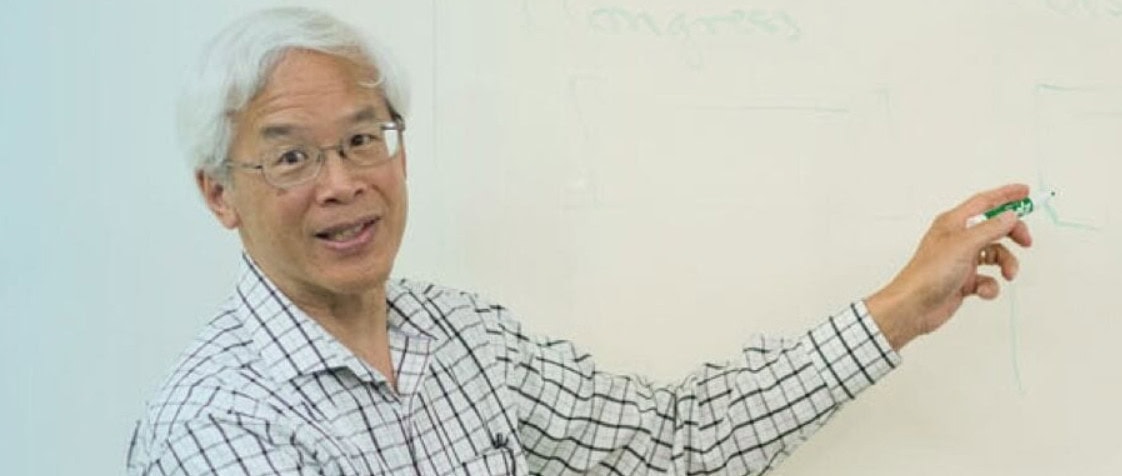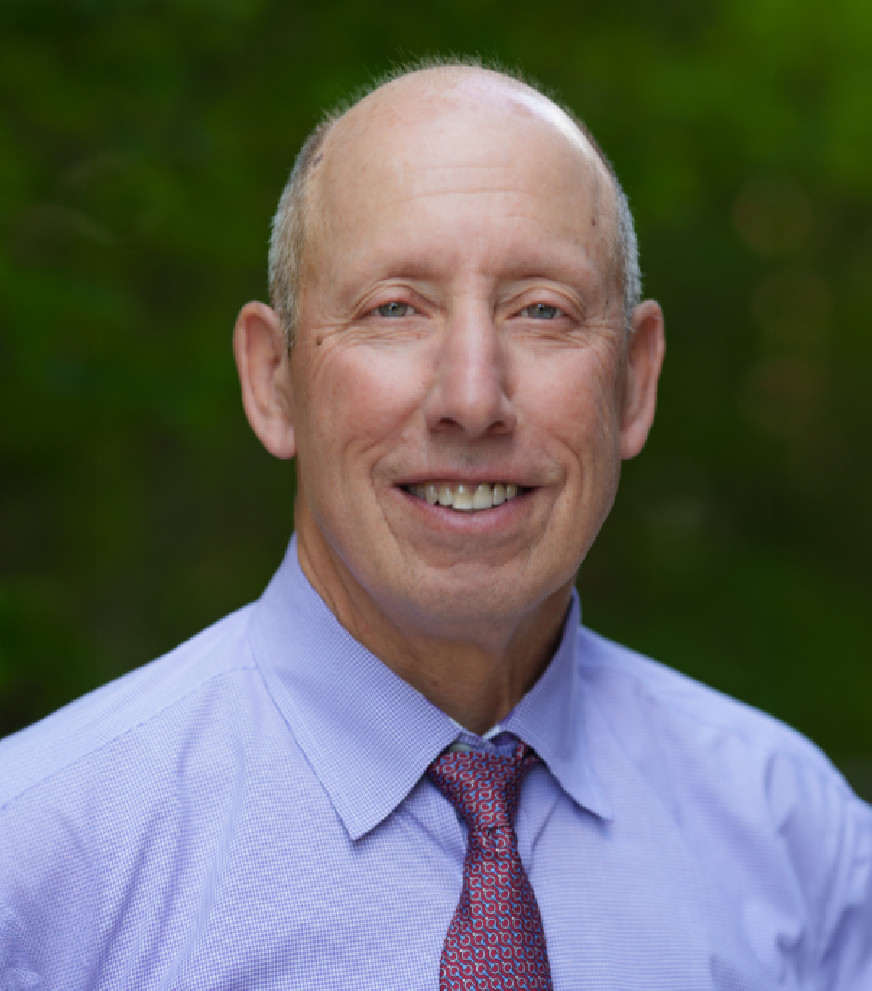
The Grace and Genius of Brian Gong
A tribute to our co-founder
After a career marked by incredible contributions to the field and mentorship to those of us who work in it, Brian Gong is retiring from the Center after 27 years. As our co-founder, executive director, and a revered senior associate, Brian’s tenure has been defined by grace and wisdom. I’ve been honored to work with and learn from Brian for 25 years.
One of my most enduring impressions of Brian reflects his unassuming intellectual power. When I was the assessment director in Wyoming, I hired the Center to help me design and implement the Wyoming Body of Evidence Graduation System. This was an ambitious, performance-based graduation system that honored local flexibility. Brian joined his Center colleagues at a critical design meeting in Lander, Wyoming.
We had broken into three rooms to tackle various challenges. I didn’t ask Brian to lead any of the groups’ discussions because he was new to the Body of Evidence work. However, as I was circulating among the three groups, I was surprised to see Brian in the front of his room, leading the discussion, with the participants hanging on every word. I remember thinking, “Holy cow!” Not only did this quiet guy take control of the group, but he also led them to critical conceptual breakthroughs. This image is stuck in my head like it was yesterday!
Brian has an uncanny and highly useful talent for understanding people. A couple of years after we started working on the Wyoming project, Brian and Center co-founder Rich Hill asked me to consider joining them at the Center. I was honored and humbled by their confidence in me. I told Brian and Rich it would take me 6-7 months to wrap up various things in Wyoming. Brian offered me crisp and wise advice that I’ve passed on to many others since. He said, “You’re the type of person who will always have something you need to finish.” That comment stopped me in my tracks, and I thought, “How does this guy know me so well, and how is he so wise?” Needless to say, I moved to a faster transition timeline.
Inspiring Mad Devotion
People love working with Brian because they recognize that he’s not just awesomely smart, but he cares about them, their issues, and their values. When I started at the Center, I joined existing projects with Rich and Brian. One was a project in Oregon. I learned two things on my first trip to Salem with Brian: He’s one of the fastest walkers I’ve ever met, and there was no way the Oregon folks were letting Brian turn the project over to me, the new guy. We’ve experienced this throughout the years.
In the eight years that I worked as Brian’s associate director, I was impressed by his ability to let me be myself. It’s an understatement to say that Brian and I are different people with different styles. But Brian never tried to make me into someone different. He would guide me with thoughtful questions that helped me reflect on my actions. Brian helped me realize the power and importance of grounding our actions in clear and defensible principles.
Brian’s generosity as a manager is legendary. I was fully content being his associate director, but when he announced his plans to step down as executive director—so that I would have a chance to lead the organization—I was touched. That’s a gift and an honor for which I will be forever grateful. I have continued to rely on Brian’s guidance throughout my tenure as executive director.
Devotion to Family
I’ve been fortunate to get to know Brian’s family. All four of his children are profoundly impressive, and his wife, Sue, was among the kindest and most courageous people I’ve ever met. Brian is a devoted father, grandfather, and husband. His care for Sue during her illness was heart-warming.
Brian didn’t wait until Sue was sick to demonstrate his love and care. Few people know this story, but Sue decided to pursue her Ph.D. late in life. She focused on ways to improve reading instruction for older students. Sue and my wife, Deb, agreed to have Sue collect data in Deb’s community college writing class. Needless to say, Deb was surprised to see Sue’s highly paid “tech guy” enter the room. Brian took a day off work to ensure his wife’s dissertation data collection went smoothly and all of the computer equipment worked effectively.
It’s hard to accurately characterize Brian’s powers of insight and the generosity he showed by sharing them with others. I’ve been in countless meetings with Brian over the years. Without fail, when I’ve turned to Brian at the end of a meeting and asked, “Brian, what do you think?,” he amazes everyone by offering a synthesis or insight nobody else had considered.
The Center’s internship program is a point of pride for us, and Brian has been a caring and intellectually rigorous mentor to many interns over the years. He’s conceived of many projects just at the edge of interns’ Zone of Proximal Development, devoted countless hours to sitting with students as they wrestle with their projects, and supported them in developing high-quality products, including many peer-reviewed publications.
Sticking to Key Foundational Principles
Without Brian, there would be no Center for Assessment. Brian’s commitment to improving assessment and accountability, demonstrated in part by his willingness to relocate his family from Kentucky to New Hampshire on a wing and a prayer, is still awe-inspiring. But even more importantly, Brian’s identification of and adherence to key foundational principles have made the Center the organization it is today. We do not do “operational work,” we are non-partisan, we work to instantiate the client’s values, and we are fiercely open-access, which means we freely share our ideas and expect others to do the same.
I have benefited profoundly from Brian’s mentorship as a leader and thinker, and I recognize how privileged I have been. As we transition to the next generation of Center leaders, I’d advise them to take “WWBT”—What Would Brian Think—as their maxim before taking any major action. Brian, thank you for all you have given me, the Center, and the larger assessment community.
